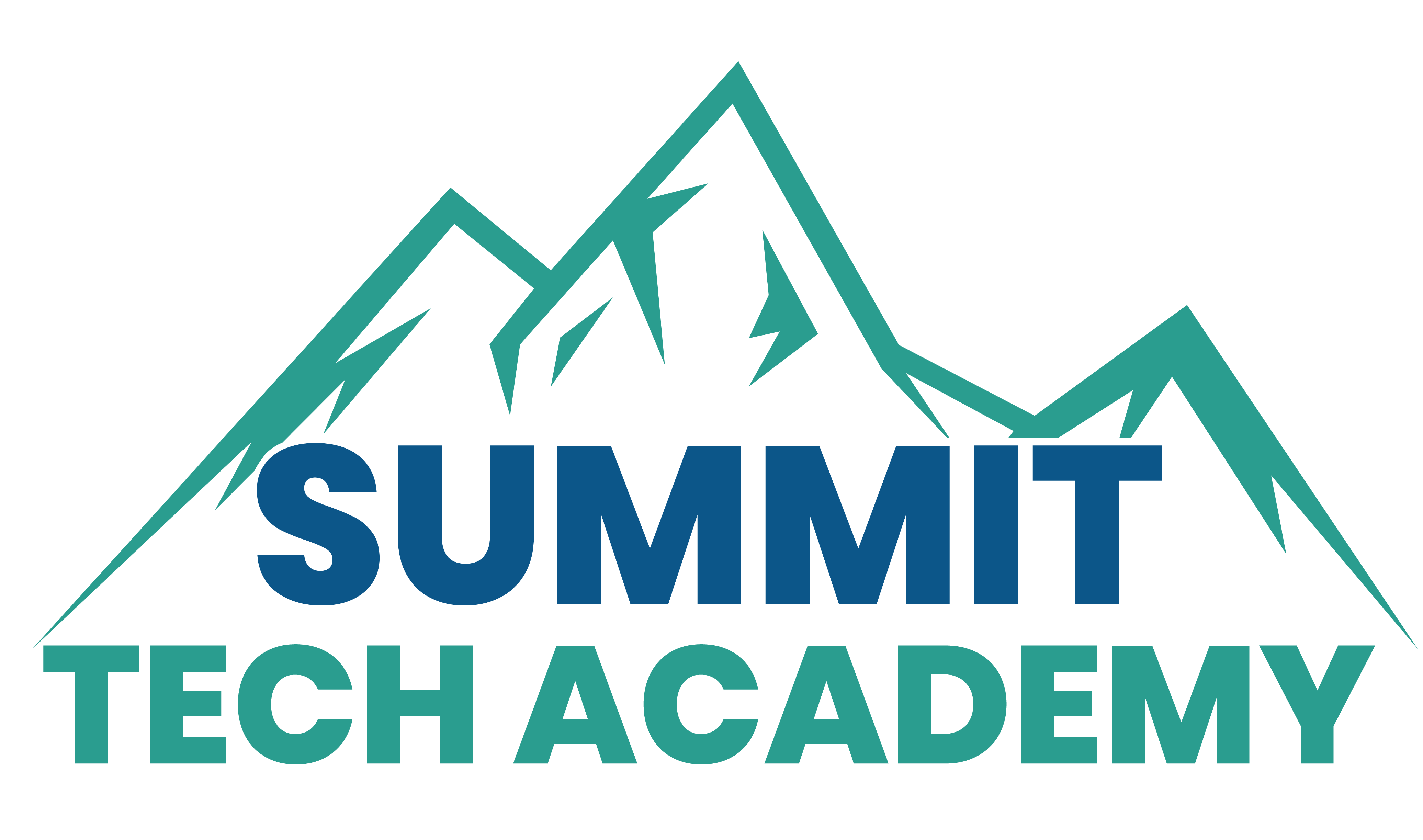Several years back, I attended a conference on trends in education for engagement and reach. There was some preliminary exploration of using avatar spaces as a way to interact socially at distance – specifically, I remember attending some sessions on the use of Second Life in education.
These sessions didn’t do much for me. While I did appreciate the idea of being able to build digital models, encourage participation through reach, and create dedicated learning spaces – the technology just didn’t seem to be quite “there” yet.
Recently however, I have been working with VR headsets such as the Oculus Quest 2 and the HP Reverb G2 VR Headset and mixed reality spaces.
Known roughly as the “metaverse” – I have found these spaces to be far more authentic. I’ve used applications for geographic exploration (think Google maps in 360), I’ve watched compelling and immersive 360 documentaries, and I’ve attended a Virtual Conference with some tours and art shows.
My thoughts are that the technical inflection point of this meta-verse environment is happening. Of course, recent announcements by Meta (the company formally known as Facebook) and Microsoft have helped with this conclusion.
Personally, I am even more interested in Augmented Reality (my personal term is actually overlay technology – but I don’t really have a say in what it’s called). The concept of using tools such as the HoloLens 2 to build out educational content over the physical world.
At this point I’m building out some preliminary 360 and mixed reality content – and will hopefully soon be able to acquire a HoloLens 2 for the overlay curriculum I’m envisioning (maybe I need a Patreon account 🙂
The nature and expectations of work are changing and ensuring skill development for my students that aligns with these changes will always be my top priority.
Here is a fascinating discussion around the Metaverse and Work that I think is worth watching.


